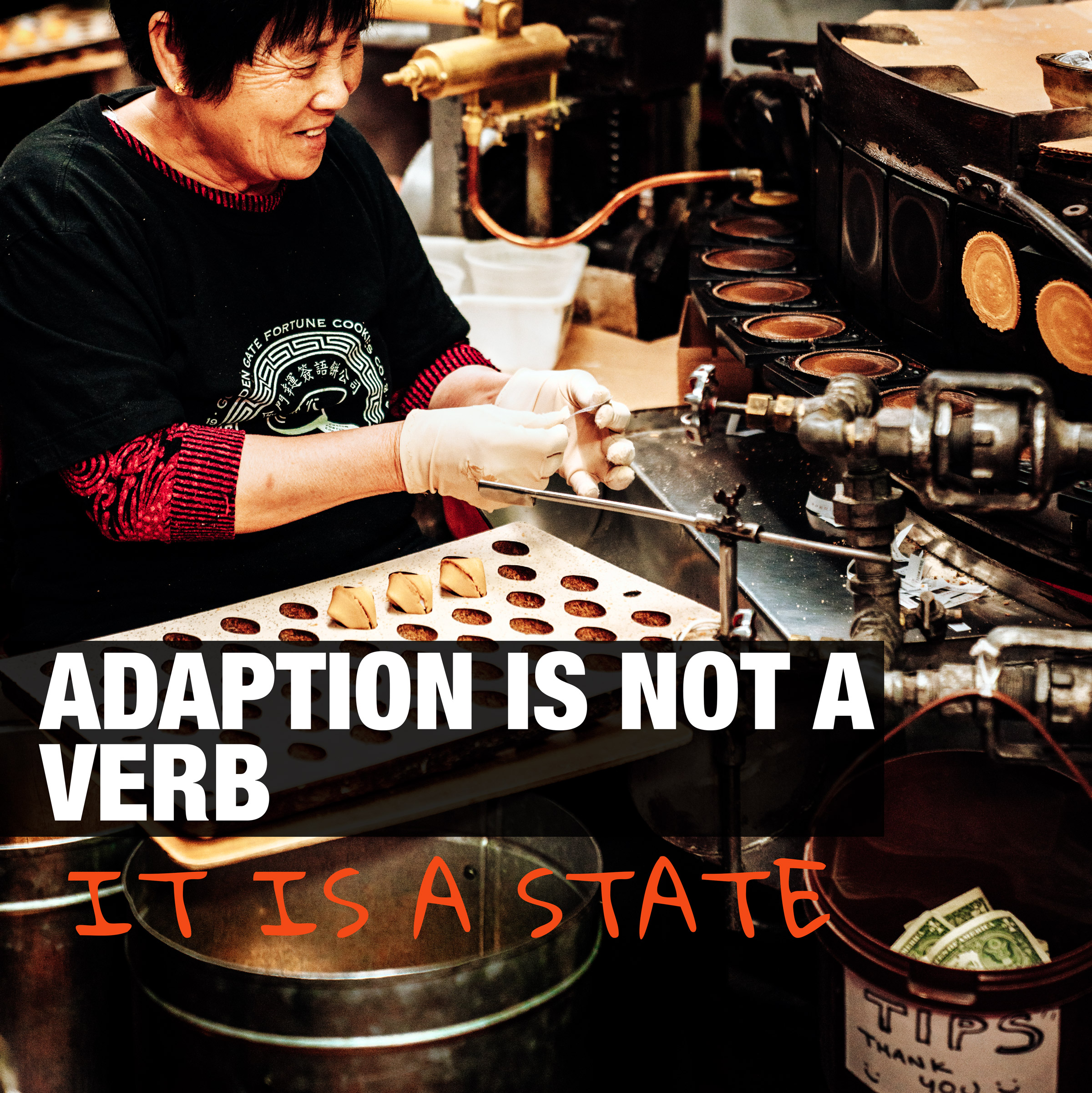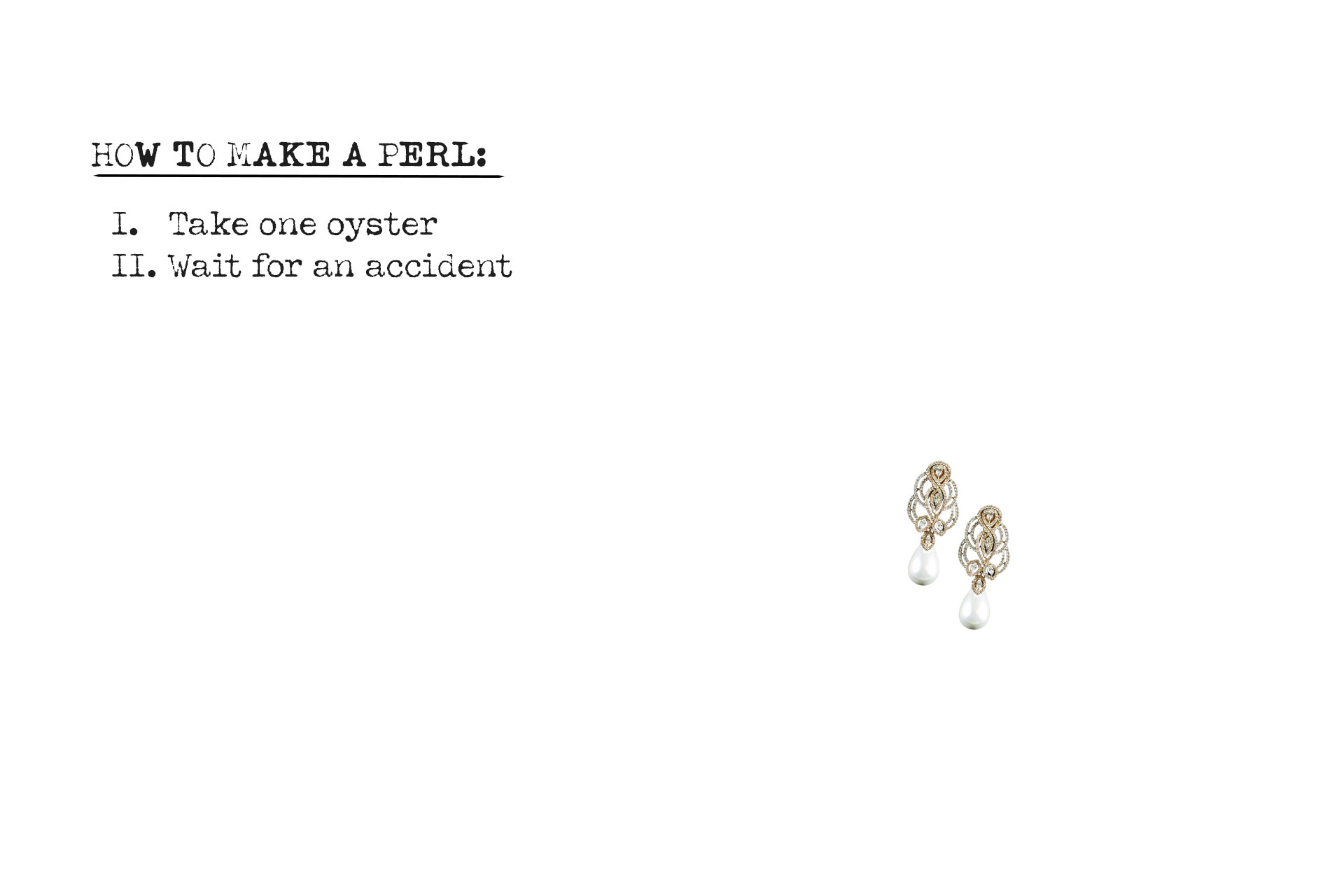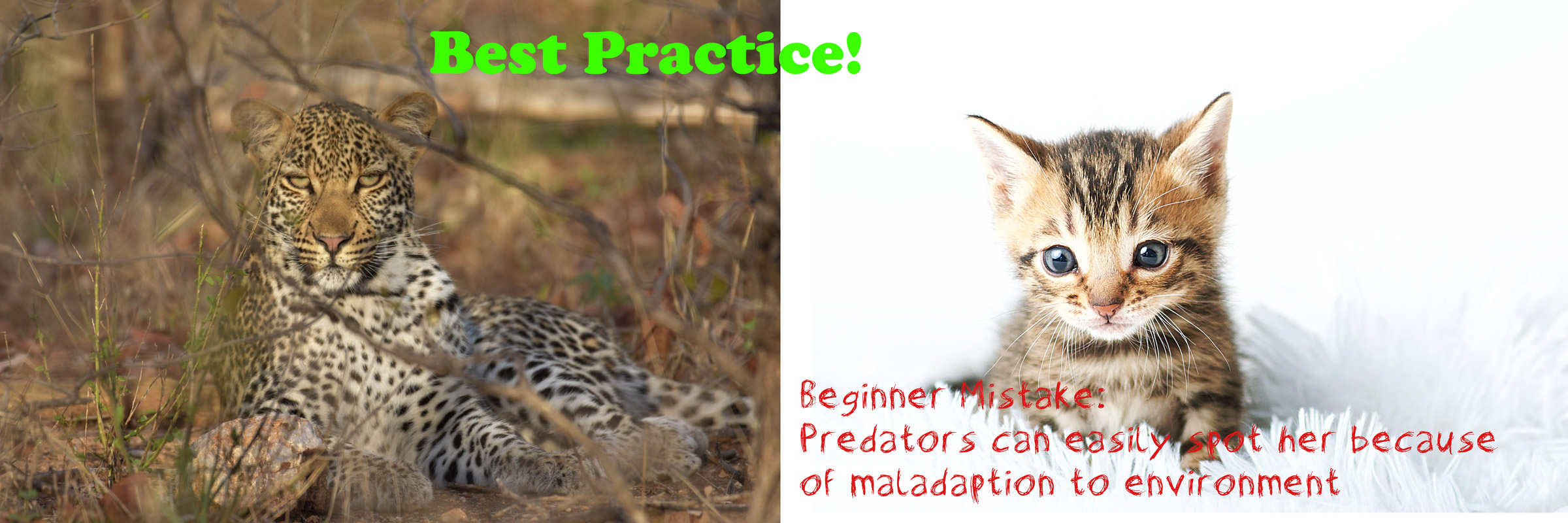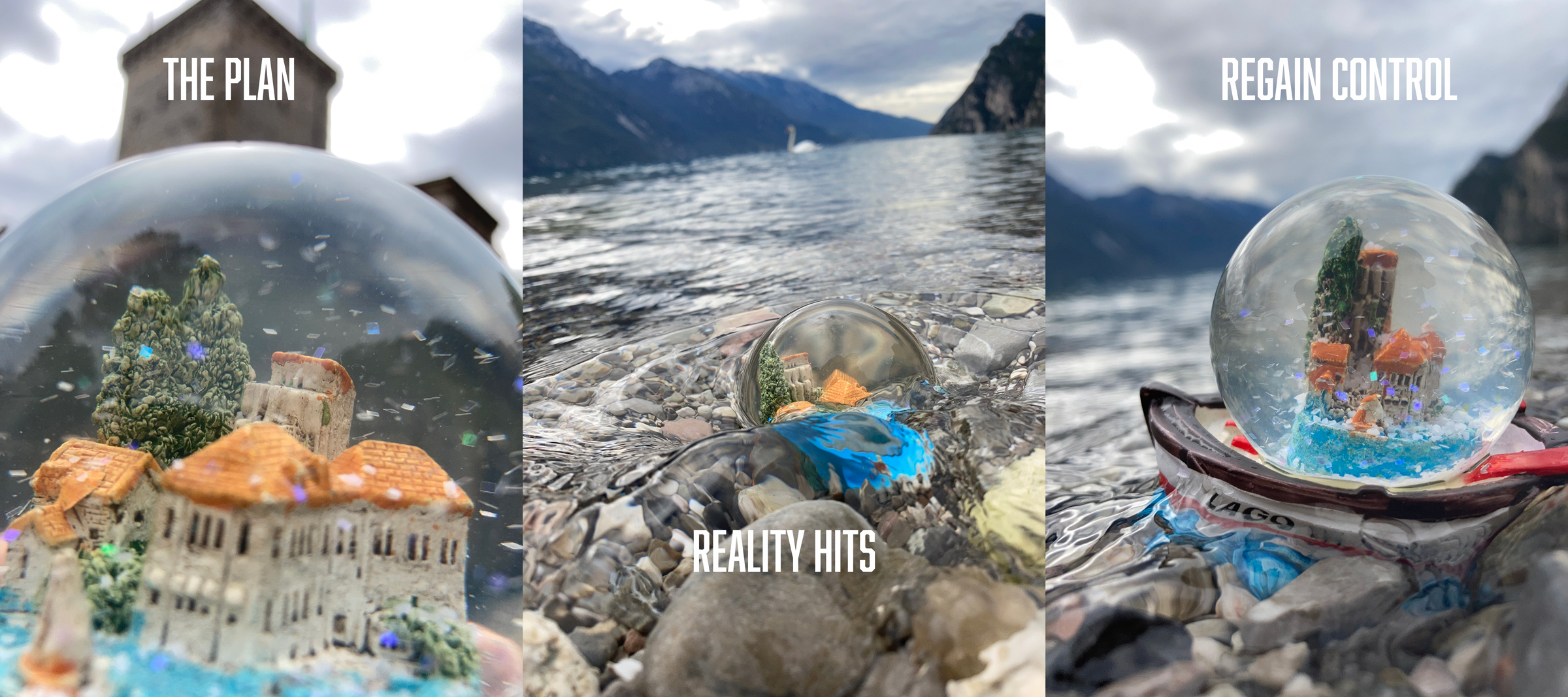How has 2020 changed your habits and values?
Every once in a while a seismic change comes along. For many generations, one of them comes along. We are currently experiencing a triplet of change.
First, climate change requires us to redefine our lifestyles. We have to rethink how we consume, how we travel and how we live.
Then we experience what is called digital transformation. But it’s not just about digital. The new business environment that we operate in affects every part of our business’ value chains, from how we develop products, to how we manufacture and distribute them and finally to the types of products that users need. Along the way this affects what our job roles look like and how we collaborate with others.
Finally, while we were still busy with the other two transformations, there came the corona pandemic. In 2020, we have received a free yearlong subscription to change and to uncertainty. Our lifestyles have been shifted. No, wait, they have been rocked. You had been planning this holiday trip to Nepal for years, making it happen in 2020? It seems karma hasn’t been on your side. Did you just start to enjoy the regular social contacts with your coworkers in your new job? Instead you found out that Zoom is not built to let everyone look at their most vibrant.
If we have learned anything from 2020, then we have learned that our lifestyles are not a given.
Yet this is only the subplot. Here is where the real challenge lies: most of us, who are experiencing this triplet of change were born and raised in incredibly stable times. You could say that we have been born as addicts to stability.
This stability of the past decades that we grew up in has been an anomaly in the wider scope of our history. Change is the essential ingredient of life, that got us from communicating via smoke signs to sending digits through a virtual global network. Humanity has always been about adaption. In fact all creation is about disrupting the status quo to create something new.
With our triplet of change, adaption again has become the most sought after talent, and we have to re-learn it.
But here is the good news: most of us handled rather well after all.
The second lessons of 2020 was that most humans are more capable of adaption than we may have been aware of. We have rolled with the situation and we have learned to continue our new lives. We found pleasure in the new things that this new situation enabled us to do, and even with lesser real-life contact we were able to intensify connections with many other humans, because after all crisis draws people together.
We have become virtuosos of change.
Humans are more resilient than we sometimes give us credit for.
Below we will explore in four short modules, why adaption is part of our inherent human skillset, how disruption is the essential ingredient of creativity and what the roadblocks to change are.
Finally based on my private equity experience I will provide you with an overview of how you can develop actionable measures to weather the current crisis
CHANGE IS THE NEW ORDER

The heat of change has been turned up. We are currently facing a triplet of change, with the corona pandemic, digital transformation and climate change.
But here is the good news: humanity has always been about adaption. We just have had a short break from it.
In fact, it's misleading to speak about The New Normal. The New Fluid it is.
Not only do we need to adapt our skill-set. Adaption itself has become the crucial skill.
DISRUPTION WANTS US TO GROW

But here is the good news. The disruption of our habits and routines is the essential enabler of innovation. And adaption is the essential skill that enables us to create and to innovate.
Let's take a short journey to explore the common patterns of Mythology, Systems Thinking, Neuroscience and Creative Sciences. They all lead to three basic steps that enable new structures emerge. One of these steps is disruption. Have a look for yourself.
WE HAVE BECOME ACCUSTOMED TO SEEK THRILL WITHOUT DISRUPTION.
IT'S TIME TO SEEK OUT AGAIN.
The requirement of behavioral change is the essential demand of our time, for individuals, for businesses, for societies and for nations. But what's keeping us?
The real threat is not external, it is internal. Change is not so much the threat as is our own inertia, or sticking to old behaviors, taking our current way of life, our daily routines, our jobs as a given.
ADAPTORS AT WORK

But why is it so hard to adapt? What are the roadblocks that are keep us from moving with the times?
FIVE STEPS TO TAKE CONTROL AND MASTER THE CORONA CRISIS




